Date: December 14, 2024 (Saturday)
Location: Meeting Room 1615, Guanyun Building
Academic Reports
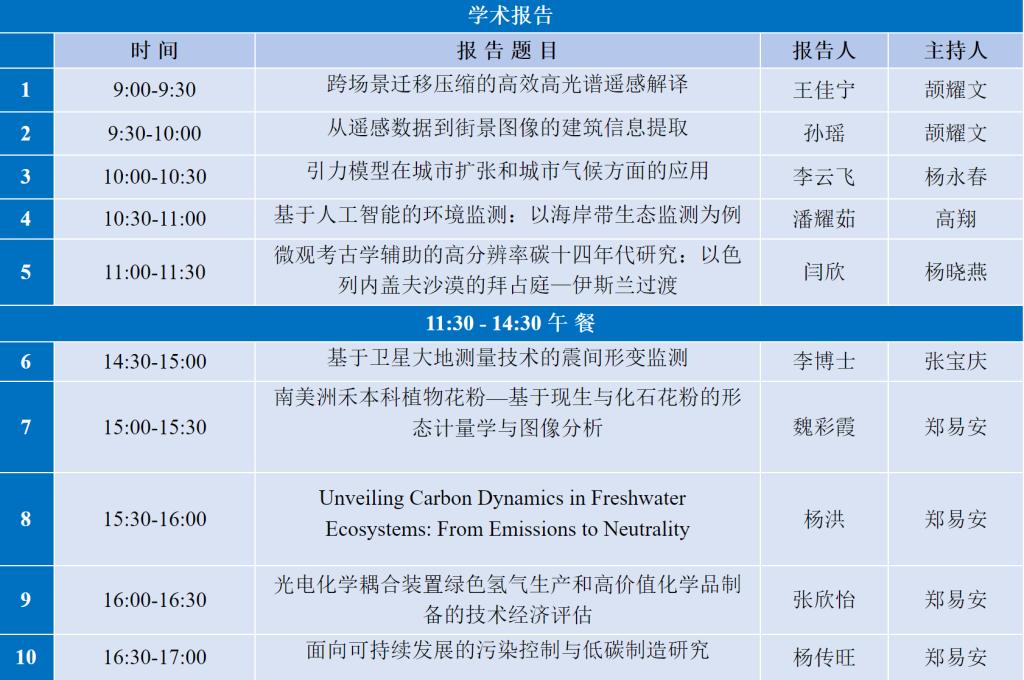
Profiles of Young Scholars

Dr. Jianing Wang, Associate Professor and Master’s Supervisor, is a member of the "Key Laboratory of Intelligent Perception and Image Understanding of the Ministry of Education" at Xidian University and the "Innovation Team for Deep Learning and Brain-inspired Intelligence" in Shaanxi Province. Dr. Wang's primary research areas include the design of remote sensing systems, multi-source hyperspectral and LiDAR remote sensing interpretation systems, video content understanding and processing, AI and lightweight deep learning algorithms for embedded systems, applications of artificial intelligence and pattern recognition algorithms, as well as image processing algorithms and system design.She has published more than 30 papers in leading international journals, conferences, and core academic journals. She has also authored and co-authored three books and textbooks. Dr. Wang has led and participated in over ten research projects, including those funded by the National Natural Science Foundation of China, the China Postdoctoral Science Foundation, the Natural Science Foundation of Shaanxi Province, the Shaanxi Provincial Department of Education, and the "Huiyan" project by the Equipment Development Department.Dr. Wang is a reviewer for several renowned international journals, including IEEE Transactions on NNLS, GRS, IM, J-STARS, GRSL, Electronic Letters, and Remote Sensing Letters.
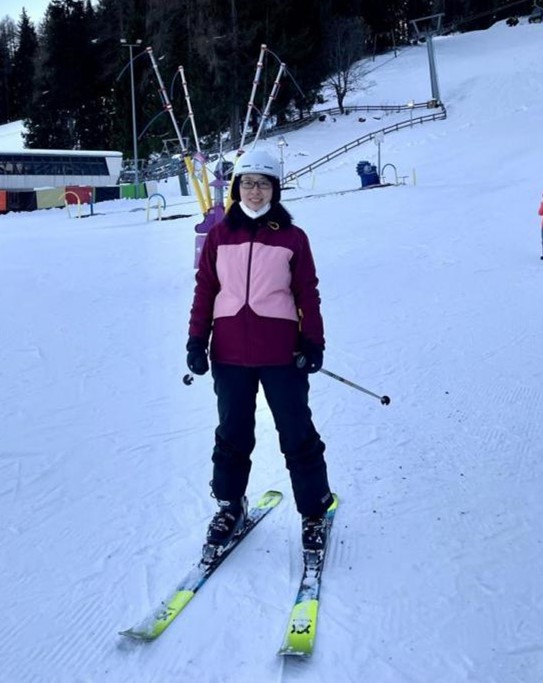
Dr. Yao Sun, a postdoctoral researcher at the Technical University of Munich (TUM), specializes in remote sensing technology, urban informatics, and disaster management. She earned her bachelor's degree in Cartography and Geographic Information Systems from Wuhan University in 2012, a master's degree in Geospatial Science and Technology from TUM in 2016, and a PhD in Earth Observation Data Science from TUM in 2021. Her PhD work, conducted in collaboration with the German Aerospace Center (DLR) and the German Research Centre for Geosciences (GFZ), focused on developing innovative datasets and algorithms to support disaster assessment and building information extraction.
Dr. Sun's representative research contributions include large-scale building height estimation using single-view SAR imagery, urban information extraction from street-view data, and rapid building damage detection from post-disaster SAR and optical imagery. Her work has been published in leading journals such as the ISPRS Journal of Photogrammetry and Remote Sensing and IEEE Transactions on Geoscience and Remote Sensing. She is an advisor to the Disaster Management Working Group of the International Society for Photogrammetry and Remote Sensing (ISPRS), a member of the IEEE Geoscience and Remote Sensing Society (GRSS) Standards Committee, and a mentor for YouthMappers at TUM. Additionally, Dr. Sun serves as a reviewer for several top-tier journals and conferences, including Remote Sensing of Environment, ISPRS Journal of Photogrammetry and Remote Sensing, IEEE TGRS, and GRSL. Her research aims to advance the application of remote sensing in urban information and disaster management.
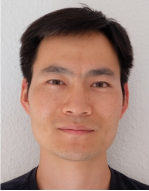
Postdoctoral researcher at the Leibniz Institute of Ecological Urban and Regional Development (IOER) and a visiting postdoctoral researcher at the Potsdam Institute for Climate Impact Research (PIK). Dr. Li's research focuses on urban geography. He earned his bachelor's degree in Geographic Information Systems and his master's degree in Hydroinformatics from Zhengzhou University in 2013 and 2016, respectively. In 2023, he completed his PhD in Geography at PIK under the supervision of Professors Jürgen Kropp, Anders Levermann, and Diego Rybski.
Dr. Li's research integrates numerical modeling, remote sensing, and geoinformation technologies, with a focus on urban expansion and urban climate. He has published several high-impact papers as the first author in journals such as Nature Communications, Geophysical Research Letters, PNAS Nexus, and Sustainable Cities and Society. He has received awards including the PhD Scholarship from the University of Potsdam and the Annual Best Paper Award from Environment and Planning B.
Dr. Li serves as a reviewer for over ten prestigious journals, including sub-journals of Nature and The Lancet, as well as numerous other leading journals in the field. He is also involved in supervising a PhD student and teaches the graduate-level course Cities and Climate Change at the University of Potsdam.
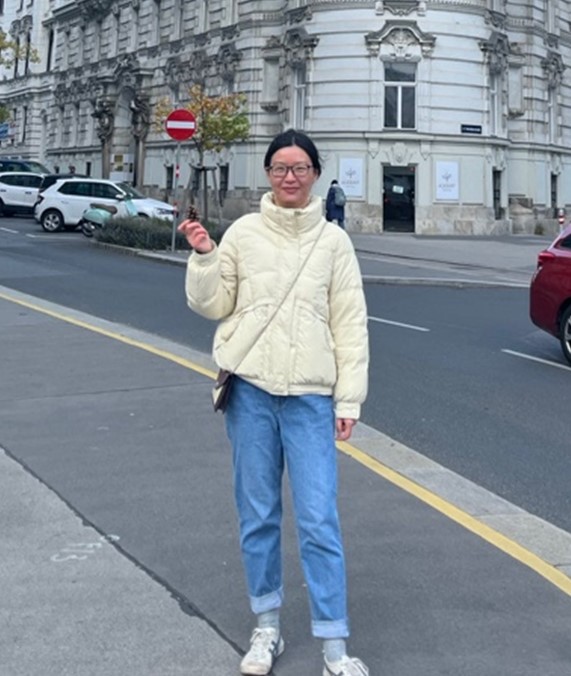
Dr. Yaoru Pan, a postdoctoral researcher at the University of Helsinki, focuses on AI-driven ecological environment monitoring and conservation. She obtained her bachelor's degree in Environmental Engineering from Northwest Normal University in 2015 and her master's degree in Physical Oceanography from Zhejiang University in 2018. In 2022, she earned her PhD in Biology from the University of Southern Denmark under the supervision of Professor Marianne Holmer.
Dr. Pan has published three representative papers as the first author in prominent environmental science journals, including Ocean & Coastal Management, Frontiers in Marine Science, and Environmental Science and Pollution Research.
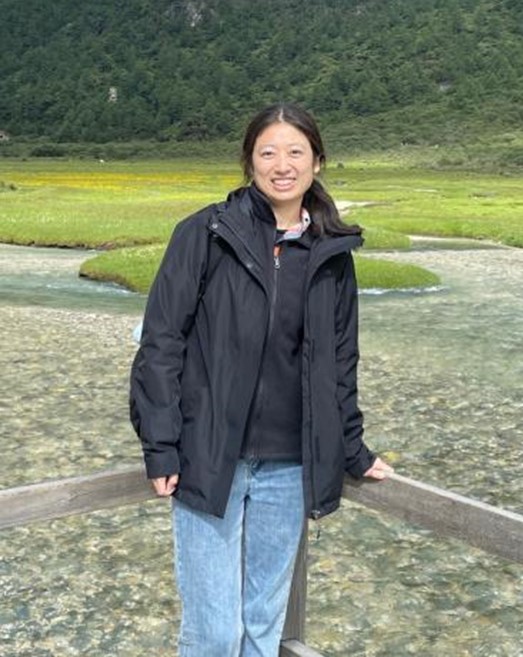
Dr. Xin Yan, a curator at the Archaeological Research Center of the National Cultural Heritage Administration, specializes in scientific archaeology. She earned her Bachelor of Science degree from Yuanpei College, Peking University, in 2010, and her Master of History degree from the School of Archaeology and Museology, Peking University, in 2013. In 2021, she completed her PhD in Philosophy at the Weizmann Institute of Science, Israel, under the supervision of Professor Elisabetta Boaretto.
Dr. Yan has published a representative paper as the first author in the journal Radiocarbon, focusing on radiocarbon chronology. Her major achievements include assisting the Archaeology Department of the National Cultural Heritage Administration in completing a national report on the development status of archaeological chronology in China, leading the establishment of the Radiocarbon Dating Laboratory at the Archaeological Research Center, contributing to the creation of the radiocarbon database within the scientific archaeology information platform, and performing radiocarbon dating for significant archaeological projects such as the Zhaigou Site in Qingjian, Shaanxi, and the Tomb of King Wu in Huainan, Anhui.

Dr. Caixia Wei is a postdoctoral researcher at the Institute for Biodiversity and Ecosystem Dynamics, University of Amsterdam. Her research spans multiple interdisciplinary fields, including ecology, quantitative feature extraction of biological images, environmental changes and biotic responses, extreme drought and biodiversity, and large-scale ecological modeling. She earned her Bachelor of Engineering degree in Bioengineering from Shanxi Datong University in 2016 and her Master of Science degree in Biology (Plant Science) from the University of the Chinese Academy of Sciences in 2019. In 2023, she obtained her PhD in Ecology (Palynology) from the University of Amsterdam under the supervision of Professors Carina Hoorn and William Gosling.
Dr. Wei has published six representative papers as the first or corresponding author in leading journals in botany and ecology, including New Phytologist and Journal of Systematics and Evolution. Additionally, she is the primary inventor of four national patents, two of which have been granted by the China National Intellectual Property Administration.
In terms of scientific collaboration, Dr. Wei works closely with scholars from top international institutions, such as the University of Münster (Germany), The Open University (UK), and the Danforth Plant Science Center (USA), advancing cutting-edge research in multidisciplinary fields. She also serves as the coordination officer for the €6 million NWO AquaConnect project funded by the Dutch Research Council, is a team member of the Dutch Young Scholars Forum, and a member of the Palynologische Kring (Palynology Section of the Royal Dutch Geological and Mining Society).

Professor and PhD Supervisor at the University of Reading, UK, recognized among the world’s top 2% of scientists in 2022, 2023, and 2024.Dr. Yang is a Senior Fellow of the Higher Education Academy (SFHEA), a University Teaching Fellow (UTF) at the University of Reading, and a board member of the Council for Chinese European Scholars in Environment, Ecology and Sustainability (CESEES). From September 2005 to September 2009, he completed his PhD at University College London under the guidance of Professor Rick Battarbee, FRS, NAS, with full funding from the NERC-DHPA scholarship.
Dr. Yang’s research focuses on carbon cycling (carbon neutrality/peaking), water resources, environmental pollution, and environmental policy. He has led and participated in numerous high-profile research projects funded by the EU FP6, Royal Society, NERC, UKRI, Research England, DEFRA, NSH, UCCL, Gates Foundation, and the Norwegian RCN, among others. Dr. Yang has published over 230 SCI papers in prestigious journals such as Nature, Science, PNAS, Nature Ecology and Evolution, Nature Water, Science Advances, The Lancet Global Health, British Medical Journal, Environmental Science & Technology, and Water Research. His publications have been cited more than 10,600 times, with an H-index of 58 and an i10-index of 174 (Google Scholar).
Dr. Yang serves as a reviewer for major journals such as Nature Communications, Environmental Science & Technology, and Water Research, and as a reviewer for funding agencies including UKRI, the European Science Foundation (ESF), AXA, Cara, and the Hong Kong Innovation and Technology Fund. He is also a member of the ESF College of Expert Reviewers. To date, he has supervised 25 PhD and Master’s students. Dr. Yang’s research has received widespread media coverage, including by the BBC, ITV, People’s Daily, China Science Daily (front page), and Guangming Daily.
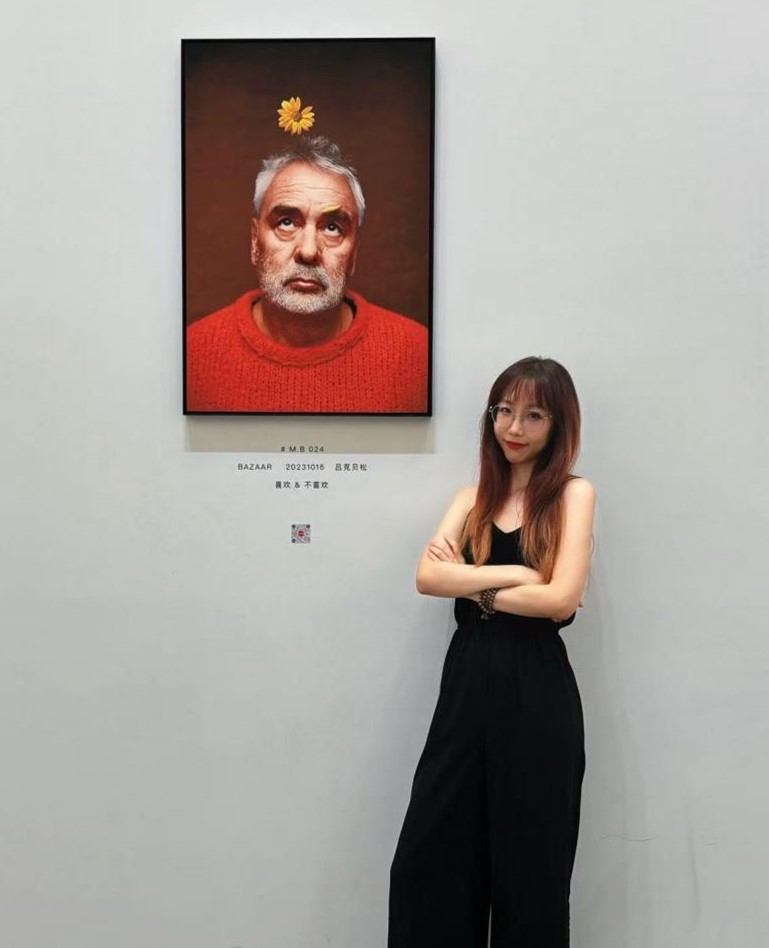
Dr. Xinyi Zhang is a postdoctoral researcher specializing in photocatalytic compound reaction studies. She earned her Bachelor’s and Master’s degrees in Renewable Energy Engineering from the University of New South Wales in 2017 and 2018, respectively. In 2024, she completed her PhD in Engineering at the Technical University of Berlin under the supervision of Professors Roel van de Krol and Fatwa Abdi.Dr. Zhang has published two representative first-author papers in prestigious journals, including Nature Communications and ACS Sustainable Chemistry & Engineering.
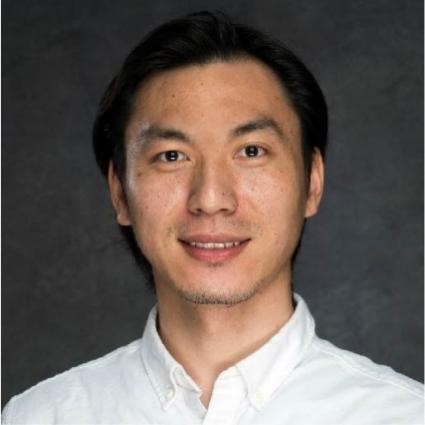
Dr. Chuanwang Yang is a postdoctoral researcher at the University of Chicago, focusing on the micro-nano fabrication of electronic devices and environmental analytical methods. He earned his Bachelor’s degree in Applied Chemistry from Tianjin University in 2014 and his PhD in Environmental Engineering from the University of Science and Technology of China in 2021.
Dr. Yang has published seven papers as the first or co-first author in leading environmental journals, including Nature Sustainability, ACS Nano, and Water Research. He has been awarded the Suzuki Postdoc Fellowship, the China Scholarship Council Fellowship, and the Outstanding Student Award from Tianjin University. Dr. Yang has served as a reviewer for journals such as ACS Nano and Environmental Science & Technology. He has delivered presentations at the National Environmental PhD Conference and was invited to give an oral presentation at the ACS Spring Meeting. Additionally, he has participated in several national research projects, including general, youth, and key sub-projects funded by the National Natural Science Foundation of China and the National Key R&D Program.